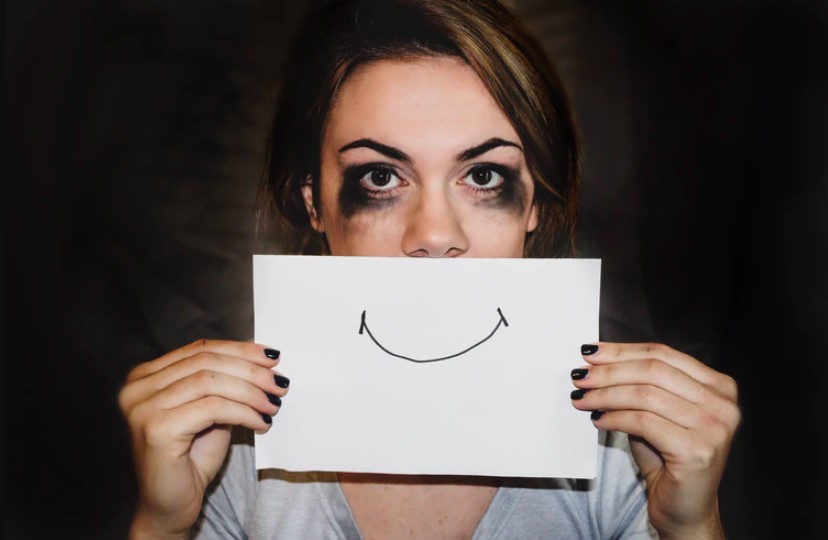Our skin has some sneaky way of telling how we feel inside, such as turning our faces red when we are angry, blushing when we’re embarrassed, or pale when we are scared. Although our skin changes colors because of our emotions, it also changes its state when we are struggling with poor mental health. Most of us probably have experienced depression, anxiety, and other mental disorders at some stage in our lives. But, most of us do not know that our mental health can also affect our skin.
Our Mind and Skin
We all have minds and skin. That is why whether you have depression or anxiety, you need to understand how to keep your mental and physical health in good shape. This is because, according to psychologists, there is an indisputable bond between the skin and mind. This connection has deep roots that can go back to as far as the skin-to-skin contact between a newborn baby and a mother. So you might notice that looking in the mirror while you’re stressed, anxious, or depressed tends to look less healthy.
Our bodies are like a natural machine that tends to malfunction when one part is not working correctly. That is why when our mental health is poor, some critical functions in our body weakens, and that includes our immune system. This will have a downhill spiral effect and make it hard for our skin to keep itself well naturally. In addition, skin conditions such as acne can be easily triggered by emotional stress. Other studies found that people who are struggling with certain skin conditions are more prone to have mental health disorders such as anxiety and depression.
What Happens to Our Skin When We Have Poor Mental Health?
When you’re stressed, anxious, depressed, or traumatized, your skin is more prone to flare-ups. From full-blown acne, redness, super sensitivity, dryness, rough and tight skin. They will all show that our skin’s functionality has been compromised. Other skin problems can be a bit more disastrous, and they can be aggravated by stress as well as other emotional factors. These may include alopecia areata or hair loss, severe acne, different types of dermatitis or eczema, herpes, psoriasis, pruritus, urticaria, rosacea, and even warts.
These conditions are enough to make anyone feel worse about themselves and have trouble coping with their mental health disorder. That is why most people tend to have a hard time feeling good about themselves if they can see unhealthy skin when they look in the mirror.
Conclusion
Mental health is something everyone has to deal with and maintain. Just because it is uncommon for people to speak about their mental state does not mean that we should just brush off the issues and let them go untreated. Start feeling good about yourself by realizing that you deserve to feel better and that other people in the world are experiencing the journey with you. Remind yourself that you’re okay and you can overcome whatever it is that you’re going through. Remember to take time off to breathe, eat healthy foods, and exercise to let your mind experience positive mindfulness.
Do not be afraid to ask for help when you think that you’re in a really bad state. Of course, it’s okay to seek other people’s support and treatment. However, seeking assistance from a friend or a professional can help give you a sense of control over your mental health.

